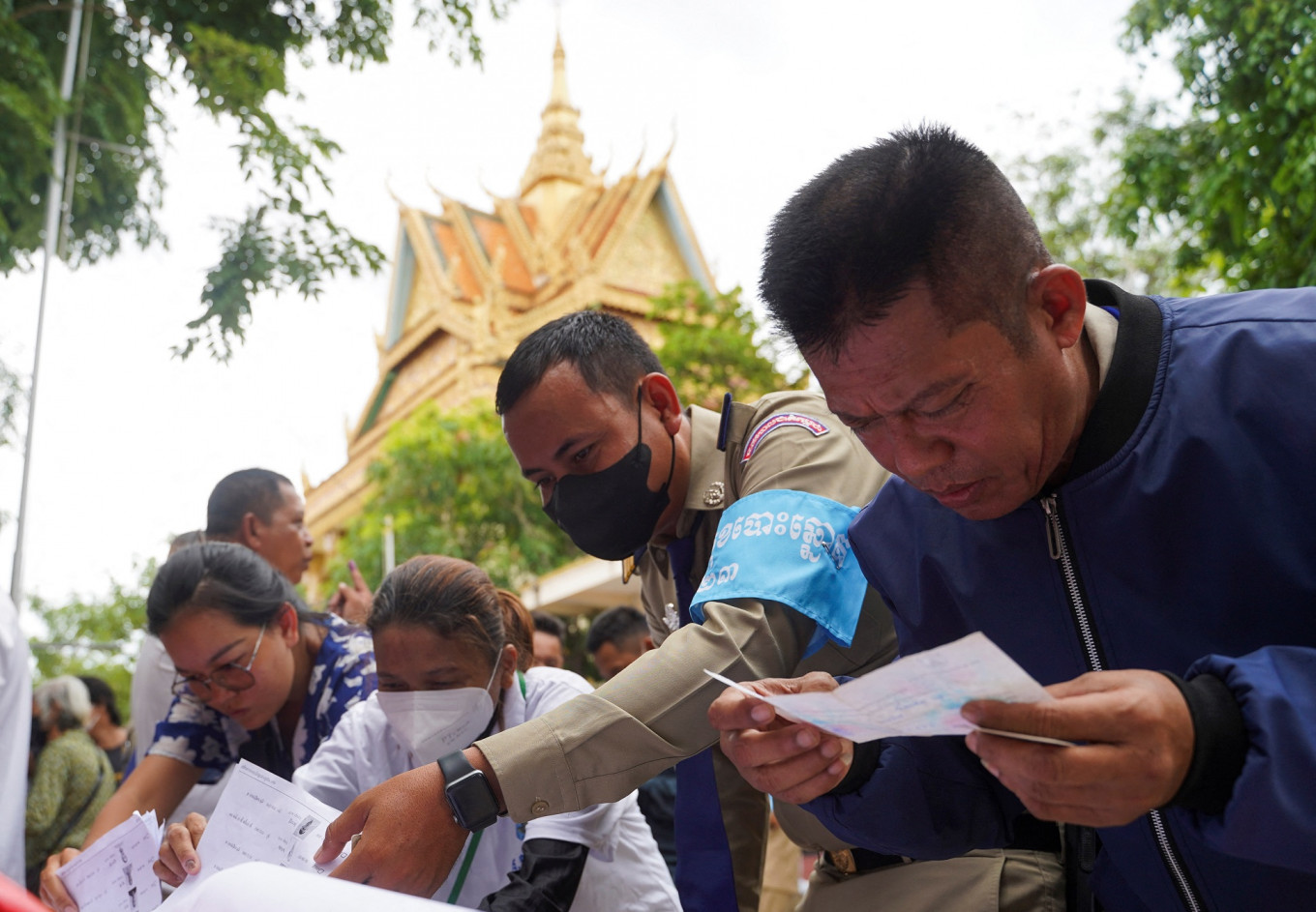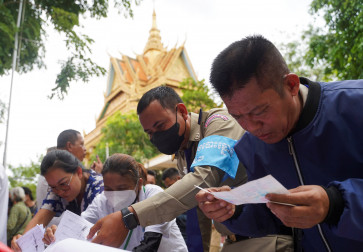Popular Reads
Top Results
Can't find what you're looking for?
View all search resultsPopular Reads
Top Results
Can't find what you're looking for?
View all search resultsToward a community of democracies in Southeast Asia
If we expect much more from the Western Alliance in terms of defending and promoting human rights and democratic practices in Southeast Asia, we should also demand much more from those nations in the region that, though imperfectly, are democracies.
Change text size
Gift Premium Articles
to Anyone
There is actually not much to write about the recent elections in Cambodia. As resignation and despair mounts, it is hard to imagine how democracy and respect for human rights can bounce back in the country.
Will the much-gossiped passing of the baton between Prime Minister Hun Sen and his eldest son, Hun Manet, herald some change? Will the handover really happen and when?
There are so many known unknowns about the future of the regime in Phnom Penh. Yet what we know for certain is that another chapter of the ongoing and unrelenting disrespect for democracy in Southeast Asia will be added.
Amid this dispiriting landscape, what could be done to push back against the authoritarianism consolidating in the region? It is an easy game for Beijing but it is a real conundrum for those members of the international community who, at least on paper, embrace not only democracy at home but have it embedded in their foreign policy.
A clear example is the European Union.
As explained by David Hutt, a research fellow at the Central European Institute of Asian Studies, the EU is now going to face a real conundrum. Will Brussels, he wonders, go hard, soft or will it engage the regime in Phnom Penh?



















